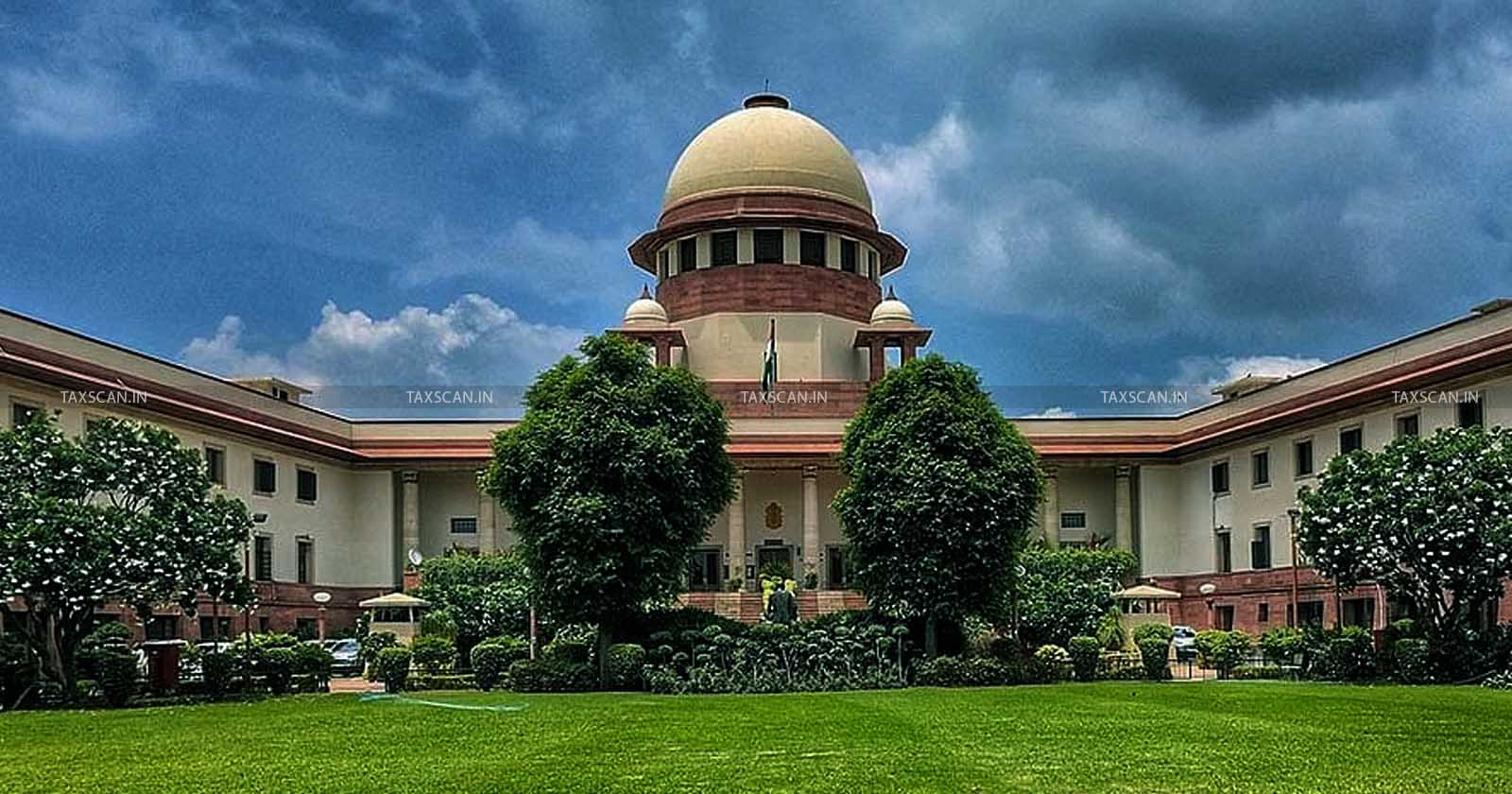Chhattisgarh Liquor Scam: Supreme Court quashes ED Complaint, says No Predicate Offense as Proceeds of Crime Absent
The Supreme Court delivered a decisive blow to the Enforcement Directorate's ( ED ) pursuit of a money laundering case related to the alleged Chhattisgarh liquor scam

Income-Tax-Income-Tax-Department-Supreme-Court-Supreme-Court-Dismisses-Appeal-taxscan
Income-Tax-Income-Tax-Department-Supreme-Court-Supreme-Court-Dismisses-Appeal-taxscan
The Supreme Court delivered a decisive blow to the Enforcement Directorate's ( ED ) pursuit of a money laundering case related to the alleged Chhattisgarh liquor scam. The apex court's ruling, issued on Monday, focused on the absence of a predicate offence, a crucial element under the Prevention of Money Laundering Act (PMLA), leading to the dismissal of the case.
The case was rooted in an alleged conspiracy under Section 120B of the Indian Penal Code ( IPC ) related to an Income Tax Act violation. However, it lacked the necessary linkage to a scheduled offence as per the PMLA. The court's decision rested on its precedent set in Pavana Dibbur v. ED, where it was established that invoking PMLA via IPC Section 120B necessitates a connection to a scheduled offence.
Justices Abhay S Oka and Ujjal Bhuyan emphasized that without a scheduled offence and subsequent proceeds of crime, no money laundering offence can be established. The court underscored that even before the Special Court could take cognizance, the complaints were untenable due to the absence of a money laundering component.
Senior Advocate Mukul Rohatgi, representing the petitioners, argued cogently that cognizance had indeed been taken, reinforcing the petitioners' stance. The court, unperturbed by the procedural argument, reiterated the foundational requirement of a scheduled offence for a valid money laundering charge.
The writ petitions, filed by several individuals including IAS officer Anil Tuteja and others, sought relief against the ED's allegations. Notably, the court limited its ruling to those directly implicated in the complaint, quashing charges against Anwar Dhebar and Arun Pati Tripathi while refraining from commenting on potential future complaints or proceedings.
Additional Solicitor General SV Raju's mention of a subsequent predicate offense in Uttar Pradesh and forthcoming complaints found no bearing in the court's judgment, which remained focused on the specific case at hand.
The Supreme Court bench of Justices Abhay S Oka and Ujjal Bhuyan clarified that its decision did not prejudge any future legal actions, leaving all contentions on those matters open for future deliberation.
Support our journalism by subscribing to Taxscan premium. Follow us on Telegram for quick updates


